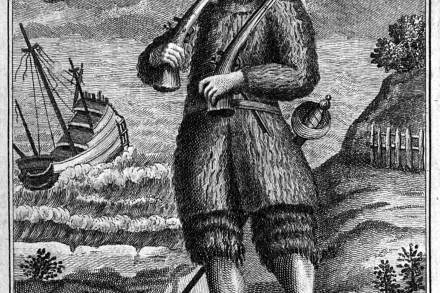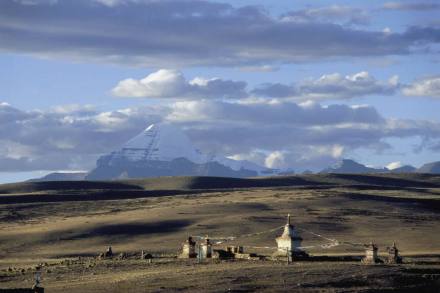So farewell, John Bull
His Grace the Archbishop of Canterbury, Dr Fisher, keen to counter the dreadful spectre of the atomic bomb in the 1950s, observed that the very worst it could do would be to sweep a vast number of people at one moment from this world into the other, more vital world, into which anyhow they must all pass at one time. His Grace the Archbishop of Canterbury, Dr Fisher, keen to counter the dreadful spectre of the atomic bomb in the 1950s, observed that the very worst it could do would be to sweep a vast number of people at one moment from this world into the other, more vital world,













